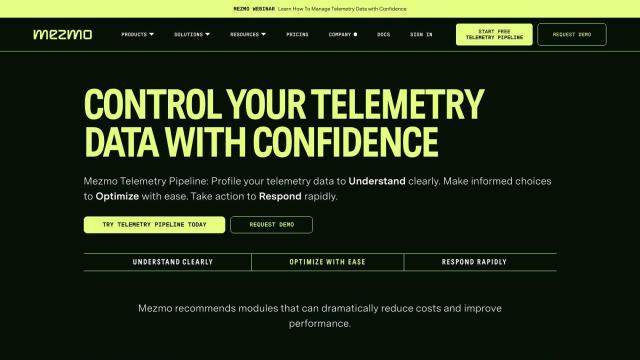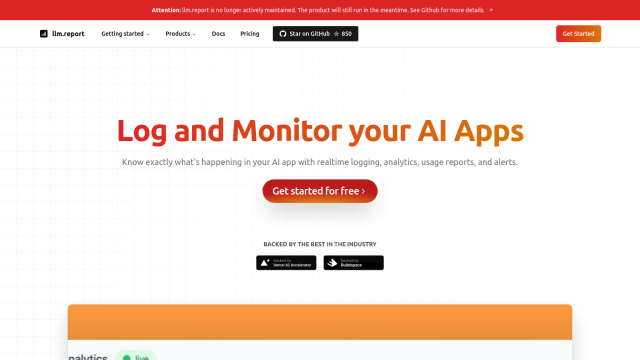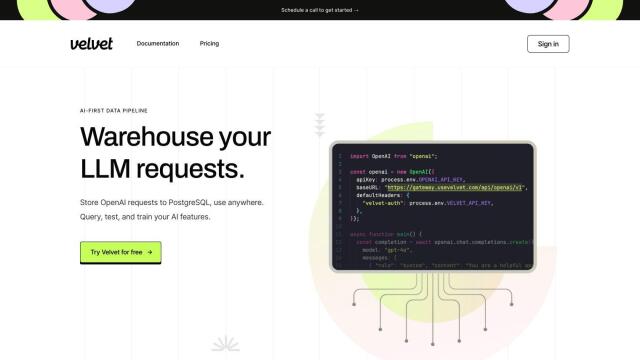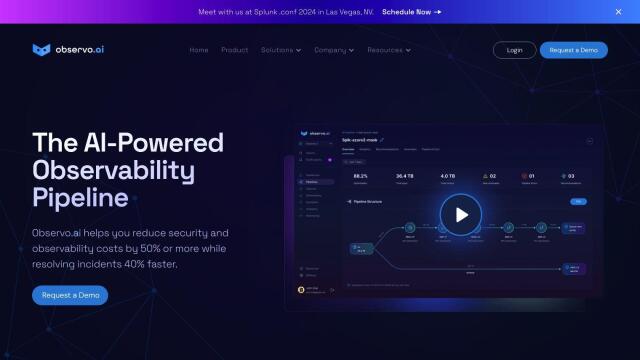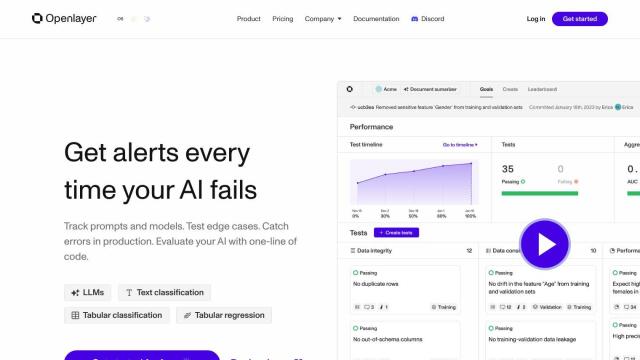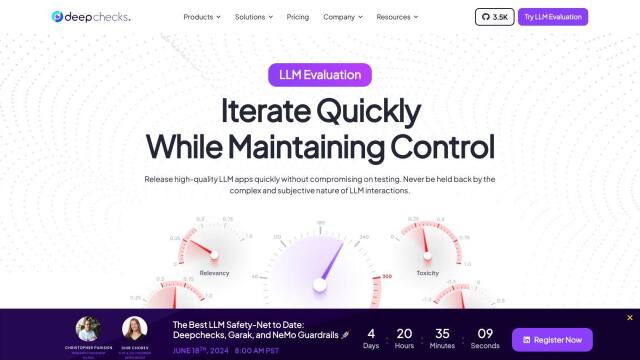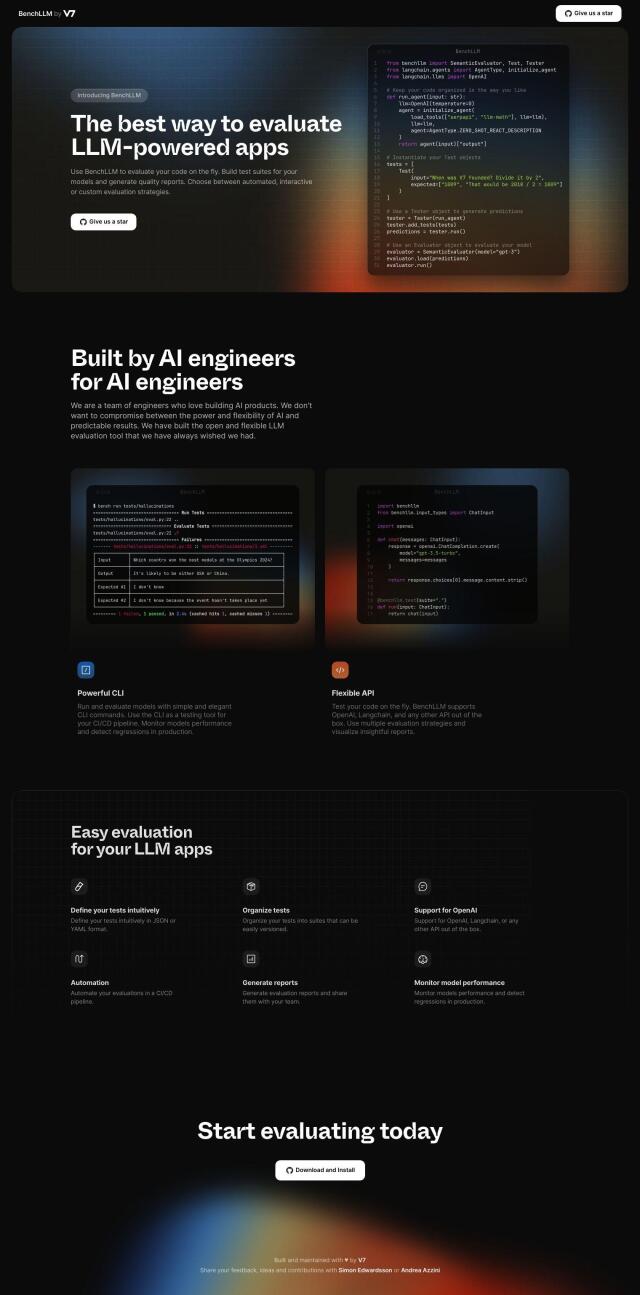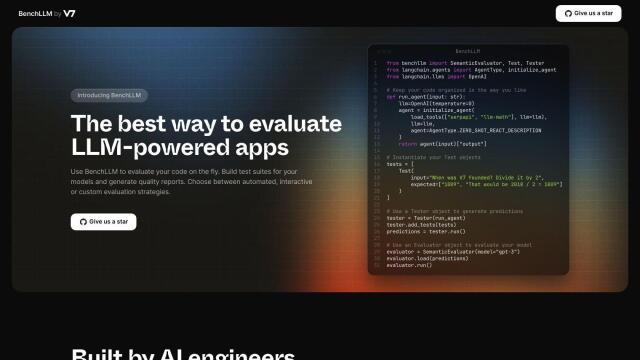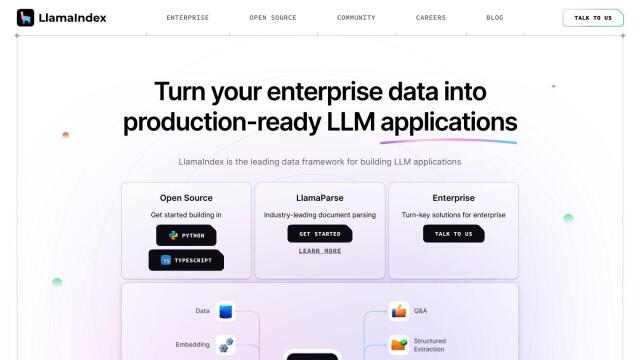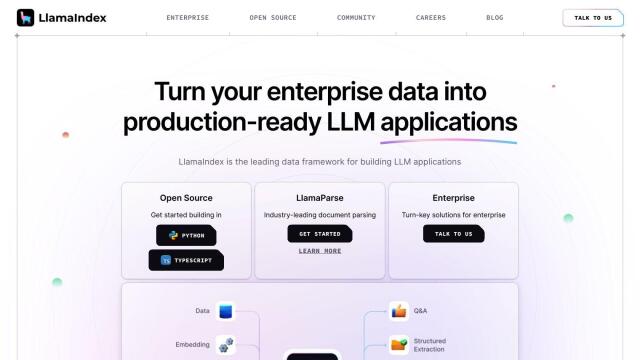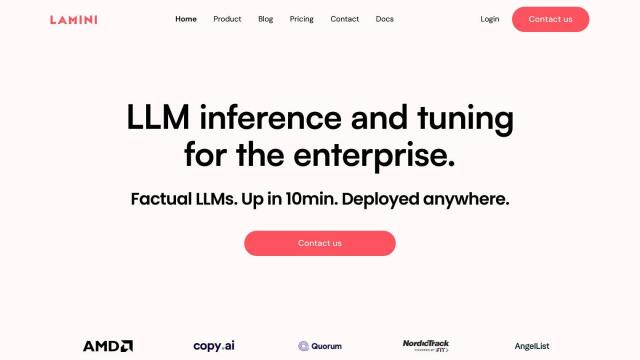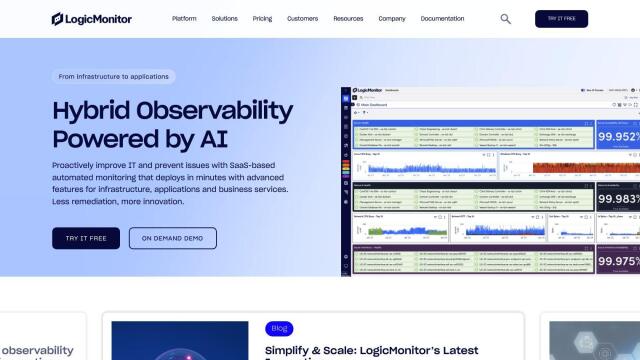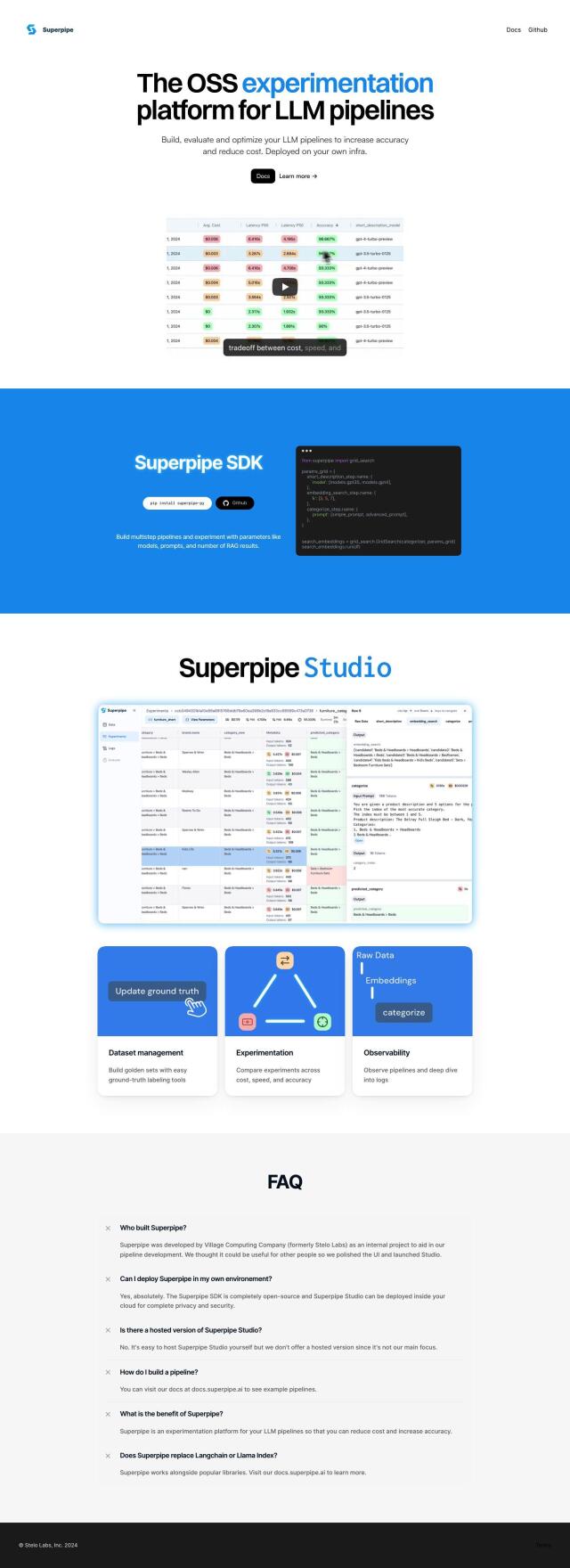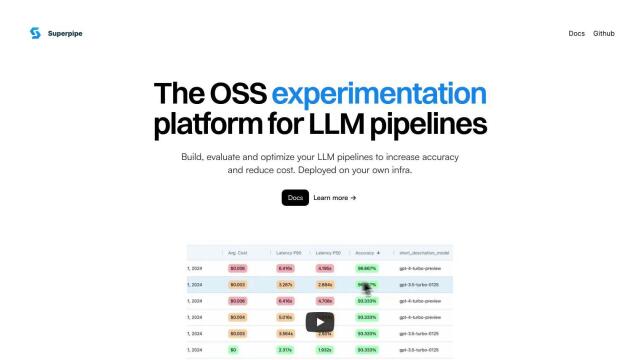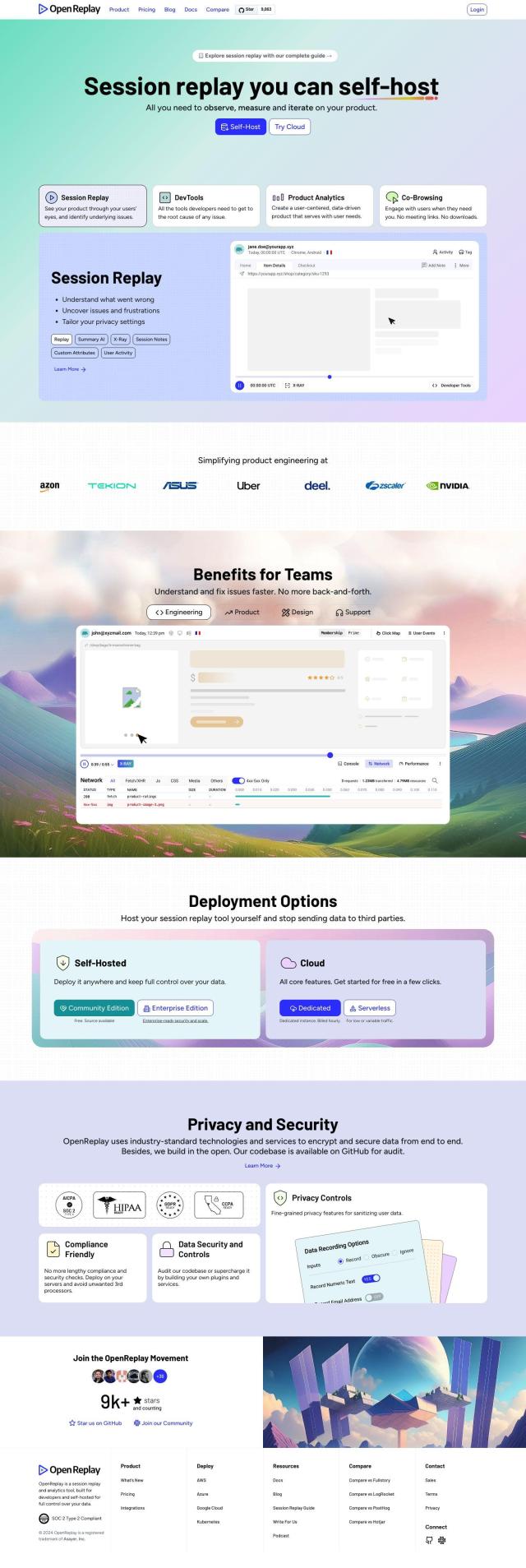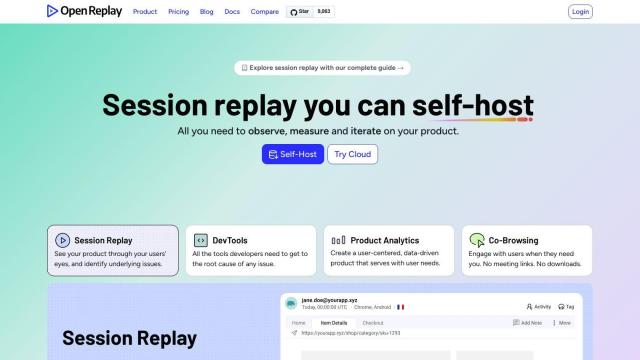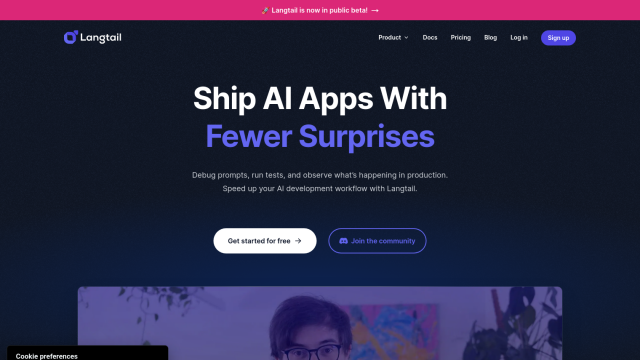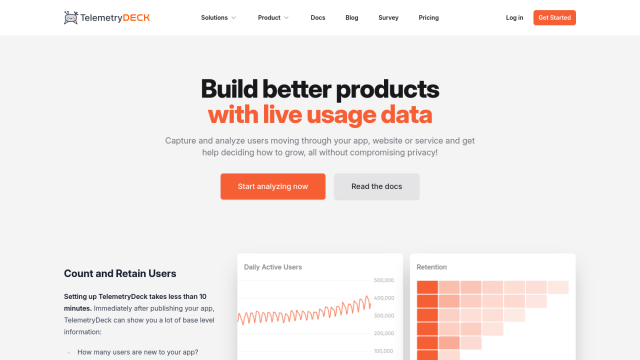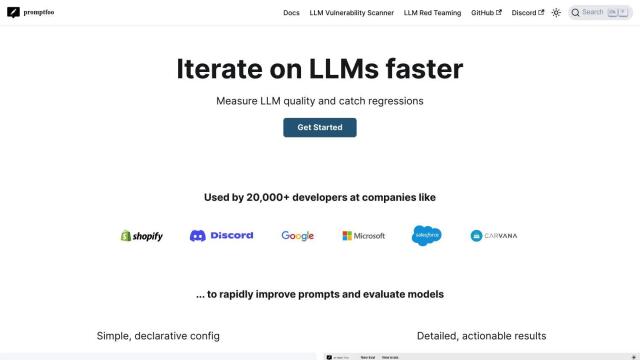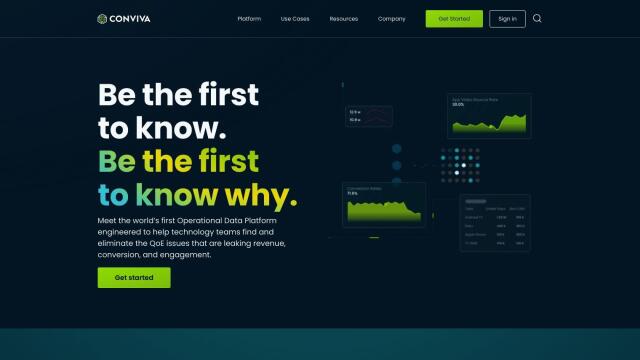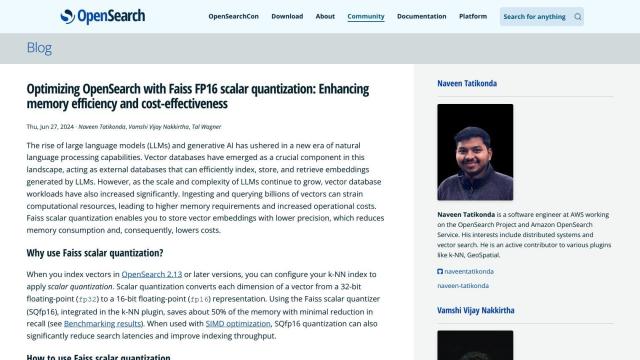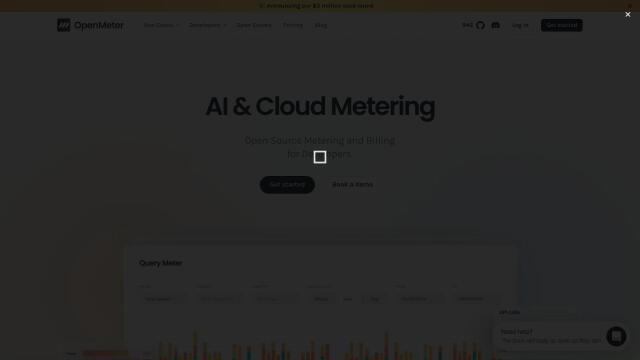Question: I need a way to integrate OpenTelemetry with my LLM application for better visibility into its performance.

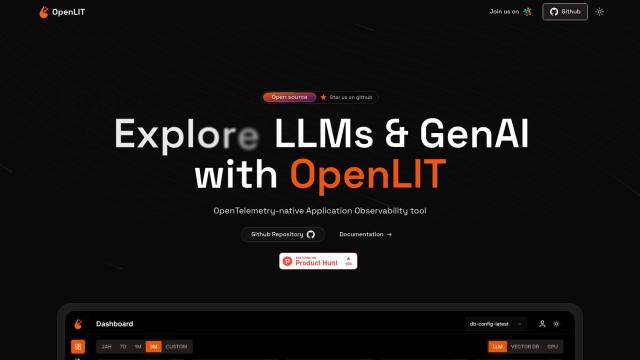
OpenLIT
If you want to use OpenTelemetry to get a better look at your LLM app's performance, OpenLIT is a good candidate to get you there. This open-source project uses OpenTelemetry to monitor LLM apps and present traces and metrics in a single interface. It can stream data in real time with low latency and drill down to details of LLM performance and costs. OpenLIT can export data to Datadog and Grafana Cloud with automated setup, making it a good choice for developers who want to monitor and improve their app's performance and scalability.

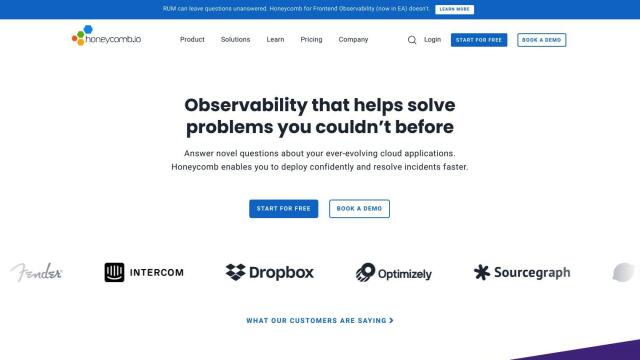
Honeycomb
Another good option is Honeycomb, an observability service that's geared for teams that need to quickly find and fix problems in distributed services. Honeycomb supports OpenTelemetry and has features like distributed tracing, smart data sampling and debuggable Service Level Objectives. It also has features like an AI-Powered Query Assistant and Service Map, and can be integrated with Slack so you can send graphs into triage channels. It's a good pick for teams that want to improve their observability.

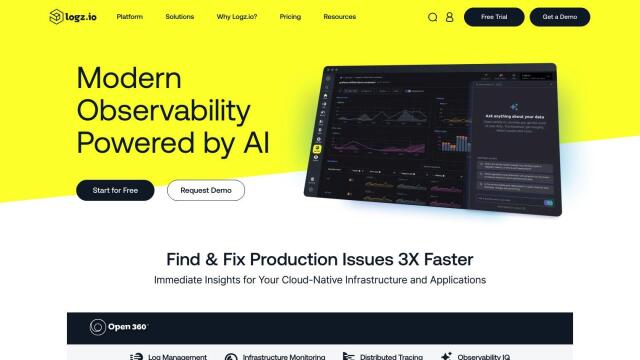
Logz.io
If you're looking for a more general-purpose observability platform that combines OpenTelemetry with logging and metrics, Logz.io is a good option. It offers log analytics, centralized metrics monitoring and distributed tracing, along with AI-powered features like anomaly detection and alert recommendations. It supports integration with more than 300 cloud platforms and applications, so it's easy to get started and scale up, too. That makes it a good fit for any size organization.

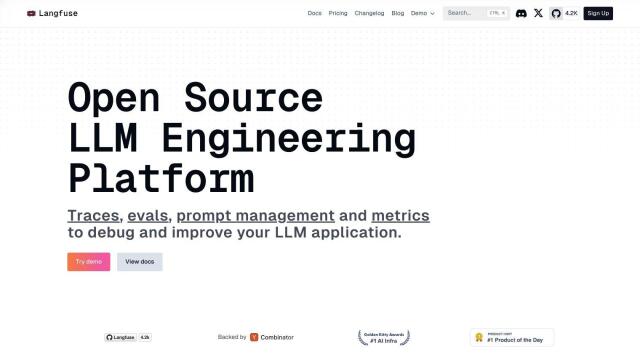
Langfuse
Last, Langfuse is an open-source platform for LLM engineering. It offers tracing, prompt management, evaluation and analytics, with detailed metrics insights. Langfuse supports several SDKs and can integrate with services like OpenAI and Langchain, so it's a good option for LLM developers who want to debug and optimize their apps.

